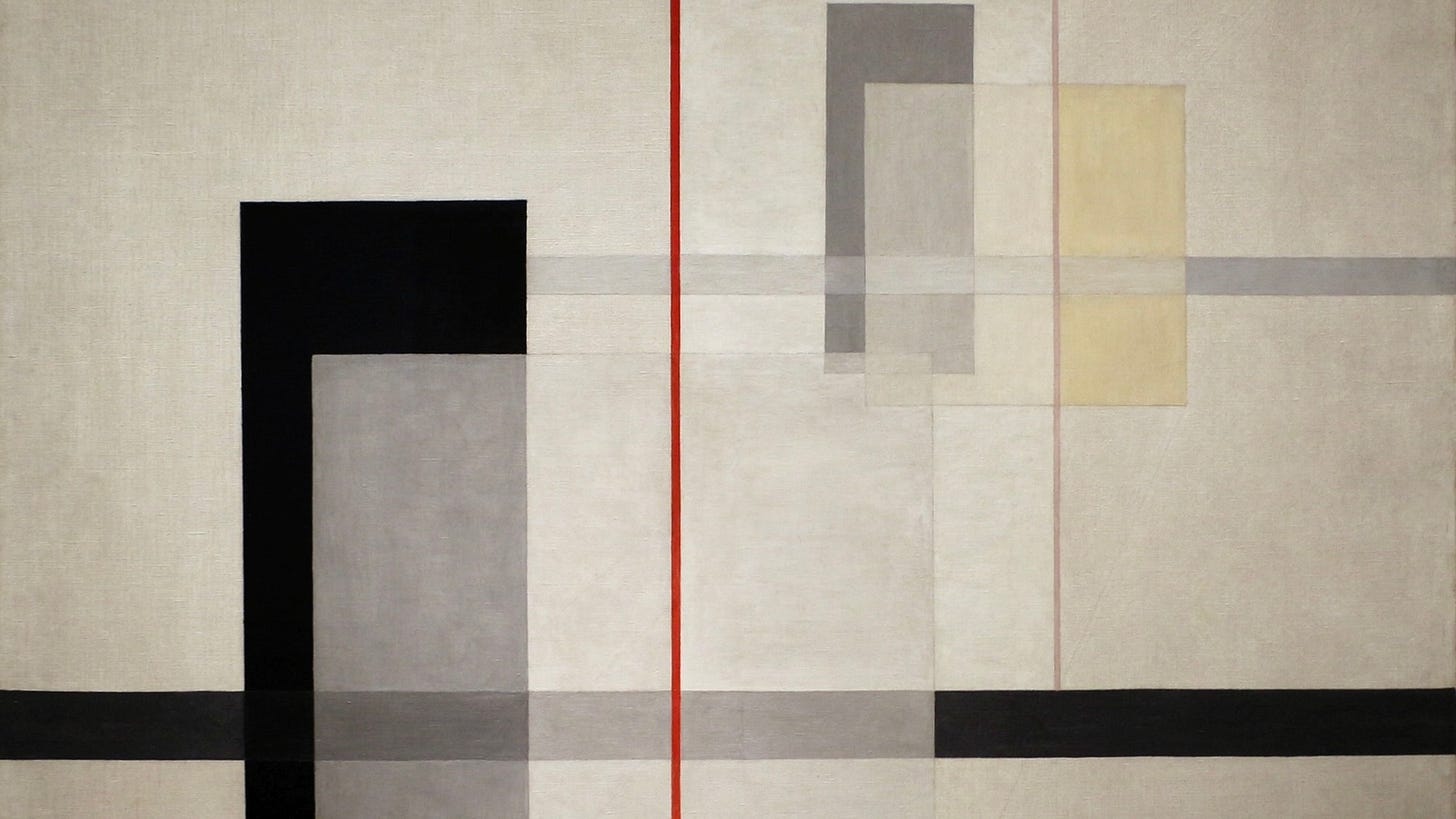Welcome to CrowdSource, your weekly guided tour of the latest intellectual disputes, ideological disagreements and national debates that piqued our interest (or inflamed our passions). This week: the big argument in American conservatism.
Join us! CrowdSource features the best comments from The Crowd — our cherished readers and subscribers who, with their comments and emails, help make Wisdom of Crowds what it is.
Conservative Standard-Bearers Clash
A specter is haunting the American conservative movement: the specter of postliberalism.
Knives Out. Tucker Carlson’s recent interview with anti-Semitic “groyper” Nick Fuentes caused a scandal inside conservative institutions. The Spectator’s Freddy Gray describes the scene:
At the think tanks, with all those nervous donors, the knives are out. Kevin Roberts, the president of the Heritage Foundation, at first defended [Tucker] Carlson. Then, under pressure, he performed a spectacular reverse ferret and grovelled.
On Friday, Christopher Long and Thomas Lynch, the former president and chairman of the Intercollegiate Studies Institute (ISI), resigned from the board in disgust at what they called the “post-liberal hijacking” of their influential non-profit.
The New Arrivals. Who are the postliberals? Harvard Law professor Adrian Vermeule explains: “It’s not that complicated: it’s a negative category — a genus that includes many different species, whose common trait is that all members of the genus reject the central premises of liberalism, but who may or may not have anything else in common.”
The Old Guard. Mainstream “Reaganite” conservatives blame postliberals for allowing anti-Semites like Nick Fuentes into the conservative movement. David French warns: “Once you’ve demolished respect for liberal democracy and demolished any real value in rectitude and character in public life, it’s a short trip to nihilism and fascism.”
The Postliberal Quest
Postliberals explain themselves.
“Among the Postliberals.” A far-sighted 2016 column by Ross Douthat reported on a new, postliberal tendency, which included leftists like Ta-Nehisi Coates and the editors of n + 1 magazine, along with
… the new reactionaries, a group defined by skepticism of democracy and egalitarianism, admiration for more hierarchical orders, and a willingness to overthrow the Western status quo. […] As on the left there is not yet a defining reactionary agenda, and neo-reaction looks different depending on whether you associate it with the white nationalism of the alt-right, the mordant European pessimism of Michel Houellebecq, or the techno-utopian impulses of Silicon Valley figures like Peter Thiel.
“Postliberal” Doesn’t Necessarily Mean “Totalitarian.” This week, National Review’s Michael Brendan Dougherty came up with his own definition of postliberalism:
I’m not a philosophical liberal. That’s not a stated desire to become a totalitarian, it’s just the fact that I don’t think Locke’s account makes sense to me or is meaningfully true. I admire and am happy for my Constitutional inheritance for lots of reasons, but none that imply a theological commitment.
“The Post-Liberal Quest.” Rebutting David French’s statement that “America has faced far worse problems in the recent past … and yet conservatism did not turn postliberal or Groyper to address them,” Ross Douthat writes:
JD Vance’s Role. Last December, Nathaniel Peters described the link between the Vice President and the postliberals: “After his conversion [to Catholicism], Vance came to befriend some of the leading postliberal intellectuals. … There’s a photo of him in a bar with his good friends C.C. Pecknold and Patrick J. Deneen.” This past week, Rod Dreher wagered that only Vance can save conservatism from Nick Fuentes.
It’s the Economy, Stupid
The debate between Old Guard Reaganites and postliberals isn’t only about big ideas. It’s about whether American capitalism can produce fair outcomes for workers.
Are We Worse Off Than Our Grandparents? Consider this debate between Michael Brendan Dougherty and the Wall Street Journal’s David Harsanyi: “The promise of progress is that things become cheaper and our standard of living goes up,” argues Brendan Dougherty. “But, obviously, things like housing and health care (and insurance) and tuition are much much costlier.” They continue:
What to Read
A non-exhaustive list of texts that define the “post-liberal quest”:
Why Liberalism Failed by Patrick J. Deneen. It failed “because it succeeded.” Barack Obama recommended it.
“Against David French-ism” by Sohrab Ahmari. The essay that galvanized postliberals into a force to be reckoned with.
Bronze Age Mindset by Costin Alamariu, AKA Bronze Age Pervert. Remixed Nietzsche for Millennials and Zoomers. Scholar (and Trump State Department appointee) Michael Anton’s review brought the book mainstream conservative attention.
Common Good Constitutionalism by Adrian Vermeule. Vermeule argues for a new conservative legal theory that’s “based on the principles that government helps direct persons, associations, and society generally toward the common good.”
Unqualified Reservations. The influential writings of Silicon Valley monarchist, Curtis Yarvin, AKA Mencius Moldbug.
Tyranny, Inc. by Sohrab Ahmari. A right-of-center critique of corporate power.
See also our list for “Left Conservatism.”
From the Crowd
Responding to last week’s CrowdSource about humanism and AI, Charlie Taben of the American Philosophical Society points us to an essay where he tackles this theme, which was partially inspired by this piece from Damir Marusic.
Taben writes:
My contention is that cosmic purpose is the only basis for generating the force of such aesthetic experiences. … I suggest that incomprehensibility is a function of believing — explicitly or implicitly — there is a reason for the subject experience. … We are awestruck only because of an underlying truth.
See you next week!
Wisdom of Crowds is a platform challenging premises and understanding first principles on politics and culture. Join us!







Thanks for including the reference to my piece! I was going to suggest the note was great before it improved with my shout out! Seriously, on post liberalism, I would include this polemic - getting to the heart of the matter
https://churchlifejournal.nd.edu/articles/all-human-conflict-is-ultimately-theological/
I don't know. Creating a category, naming it, and then seeing what fits in it seems to be why everyone is running in circles rather than building anything that lasts. An abundance of categories and subcategories will not promote human flourishing. Sorry to be a pill.